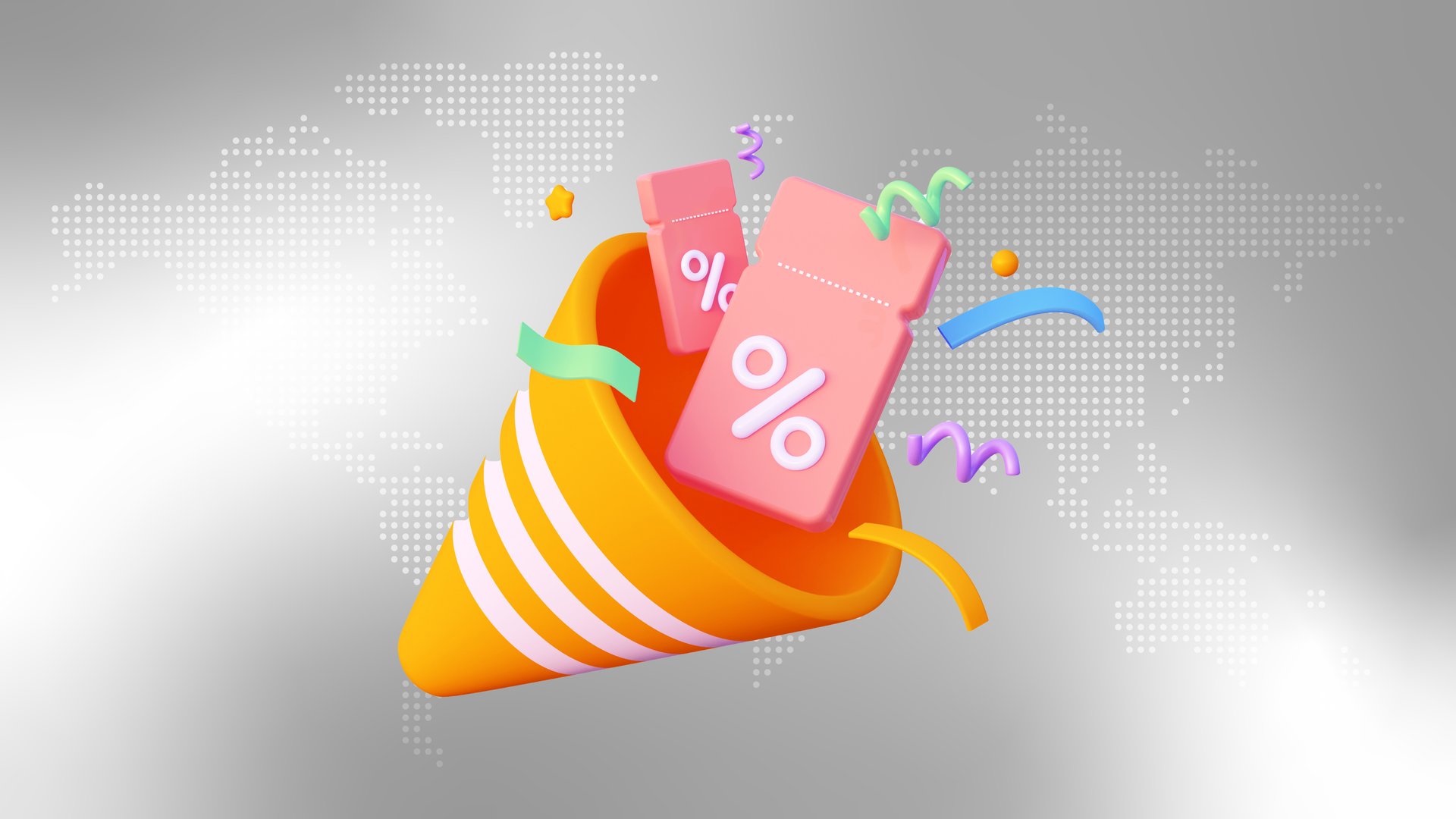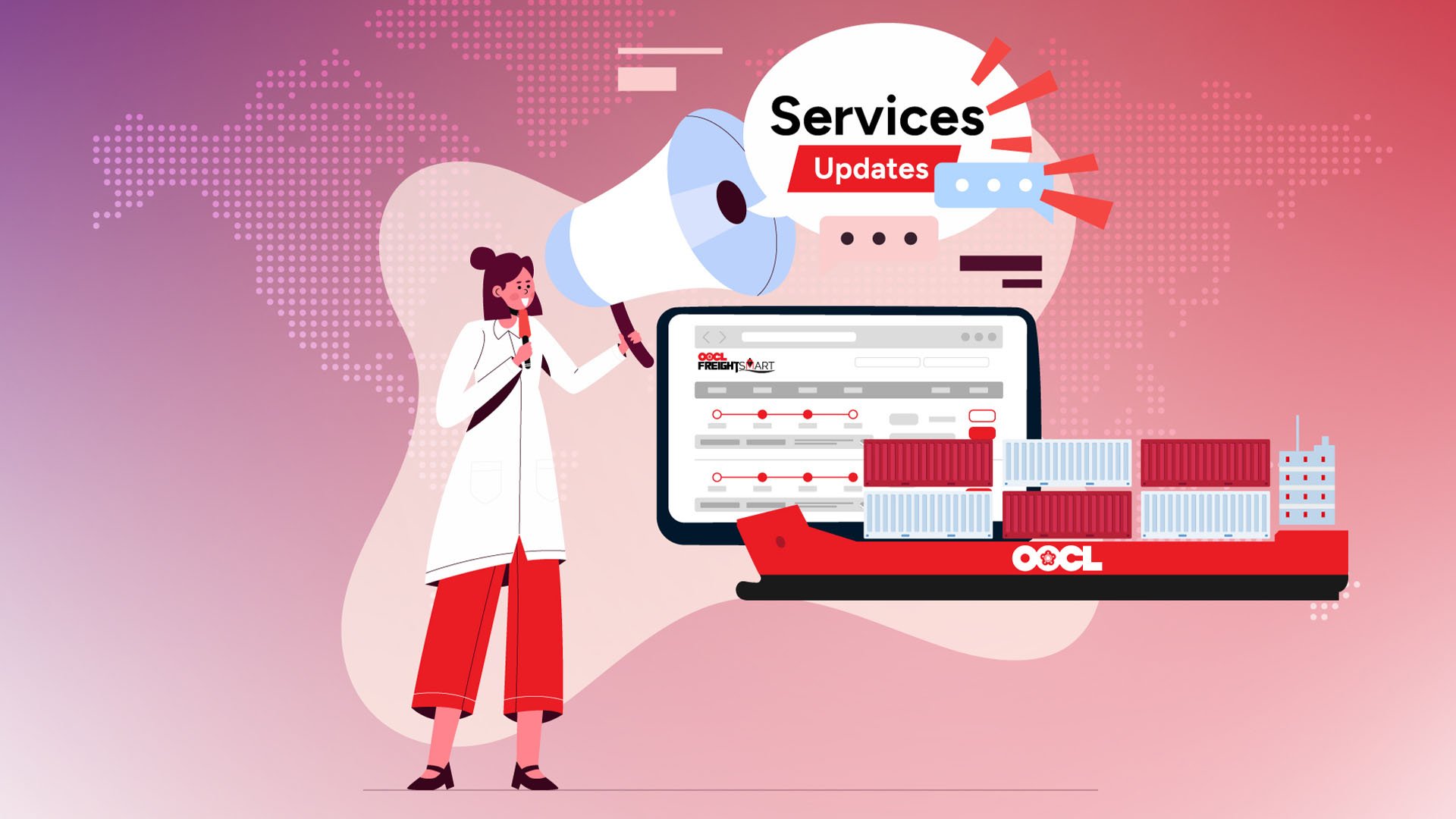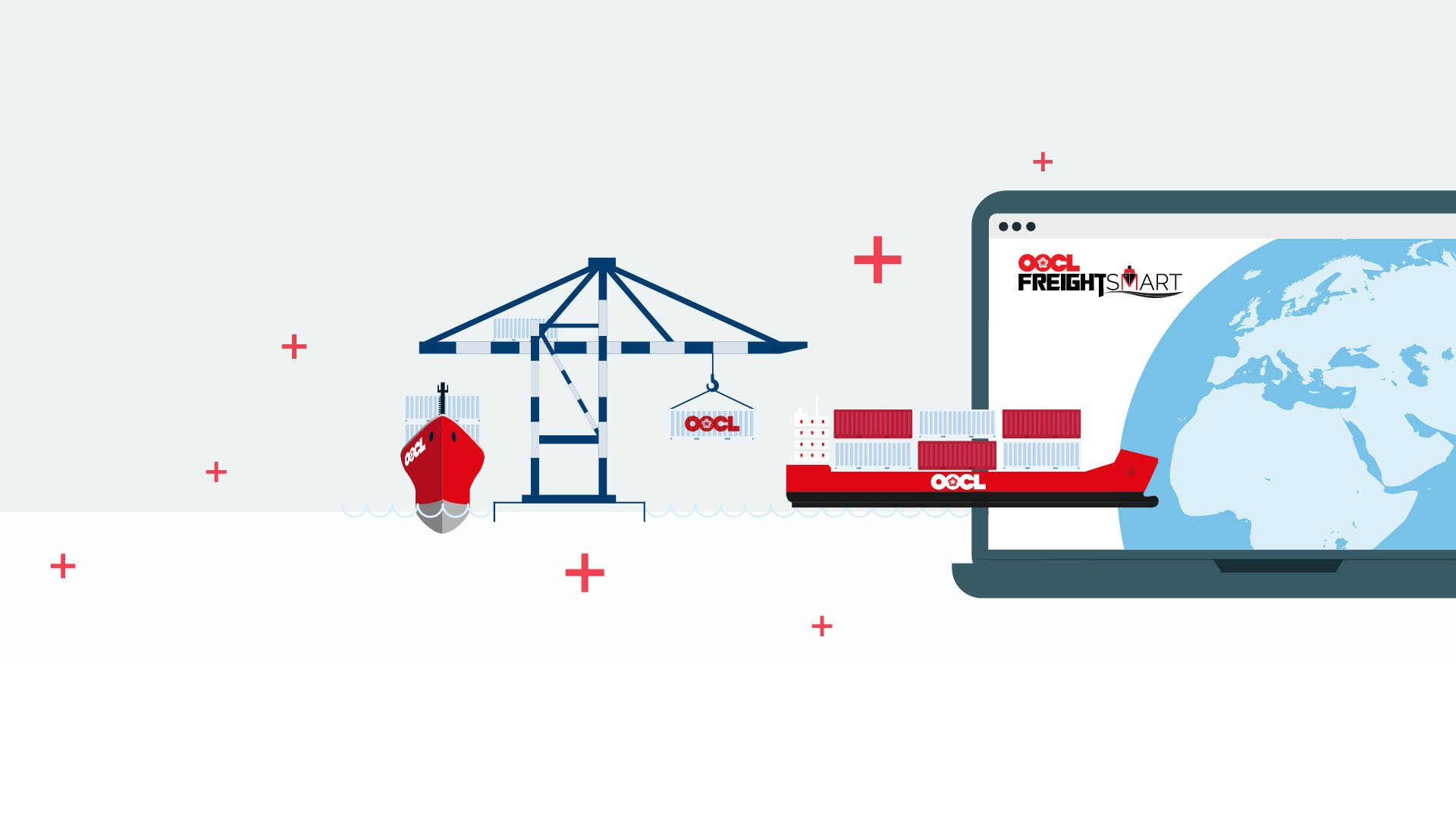In recent decades, the digital revolution has reshaped businesses as diverse as retailing, manufacturing, finance and entertainment. But while they have embraced change through groundbreaking digital technology, shipping has tended to remain “out of sight, out of mind”, and lag behind other industries in digitalisation.
In parallel with these events, cutting-edge technological developments are impacting industries worldwide. E-commerce has expanded massively. Game-changing technologies such as artificial intelligence (AI), the Internet of Things (IoT), blockchain, Big Data Analytics, and cloud computing have all rapidly migrated from laboratory concepts to everyday reality, while more radical innovations such as autonomous ships are just over the horizon.
Digitalisation – the wide-scale adoption of transformative digital technologies – offers many potential benefits to the shipping industry and its customers, albeit accompanied by costs and risks. Recent studies indicate that the industry is opening up to these trends, and “major shipping companies have embraced digitalisation to meet the needs of their customers”1. Leading operators are implementing data-driven strategies to enhance customer service, facilitated by emerging international standards for these technologies (just as the earlier standardisation of shipping containers facilitated intermodal transport). Customers can expect benefits such as greater transparency on rates, space, and shipment status.
Digitalisation spans a wide range of technologies, and major players have widely divergent strategies to implement it – though all are built on the same essential foundation of gathering, processing and applying data (digital assets) in innovative ways to perform new functions or dramatically improve the performance of existing activities. These changes will substantially impact organisational structures, business processes, and job responsibilities and skill sets throughout the value chain. Classification societies, for example, are increasingly using “digital twins“ of vessels and remote surveying methods.
As an industry leader, OOCL’s digitalisation plans include strengthening capabilities in the use of Big Data and AI to make its maritime traffic network more visible. It has standardised data governance, and is also pursuing initiatives to enhance its cybersecurity.
OOCL’s showcase digitalisation product is FreightSmart, its innovative full-service online platform which is improving the customer experience by providing comprehensive end-to-end supply chain solutions. The customer is enabled to seamlessly perform all necessary tasks in the shipping process on a single platform. Commencing with receiving an instant quotation, through order placement and shipment booking, container pickup, and transportation by sea and land, to customs declarations and clearance, all functions are conveniently available in one place.
Check out FreightSmart now, and join OOCL on the digital journey to a more convenient future!
1 Shipping in the era of digitalisation: Mapping the future strategic plans of major maritime commercial actors https://doi.org/10.1016/j.digbus.2022.100022







